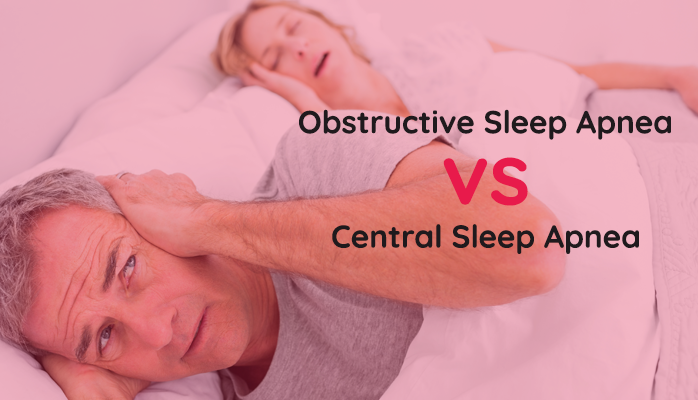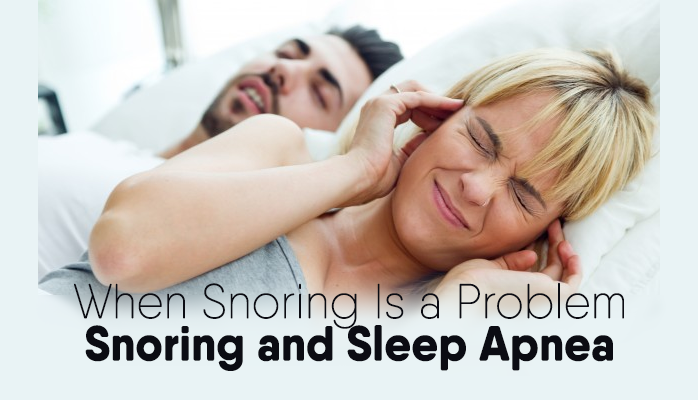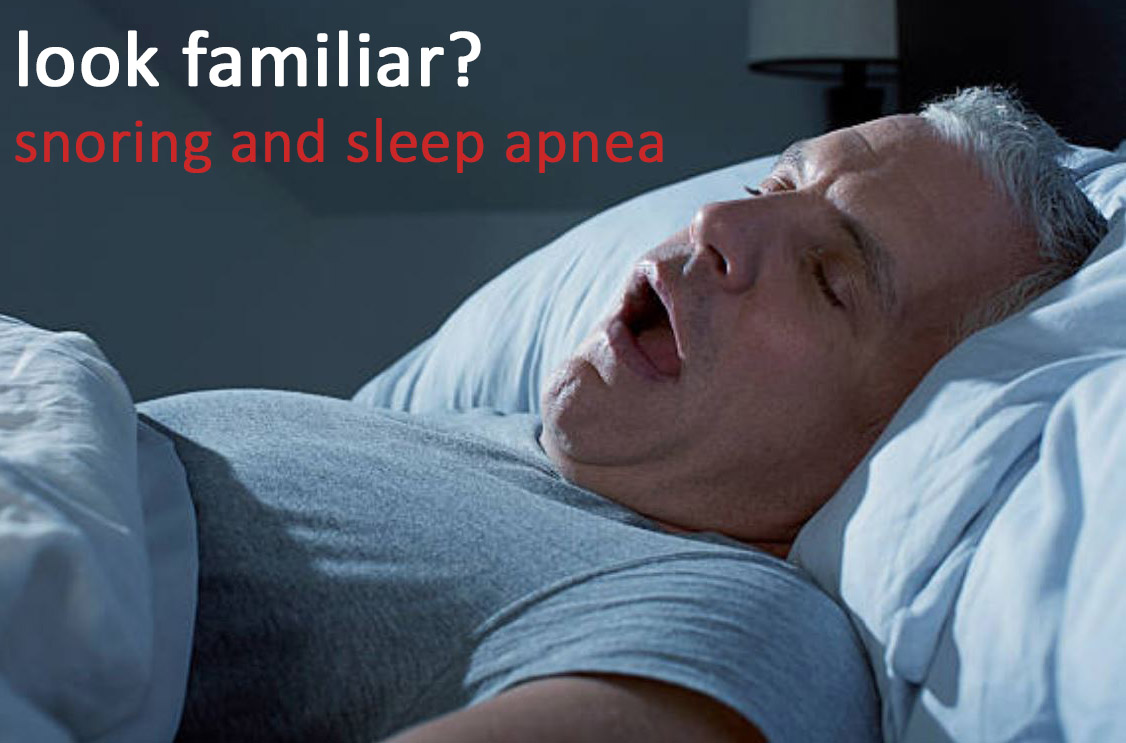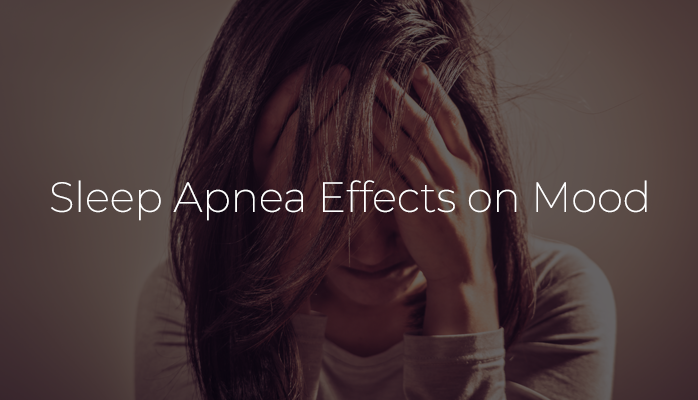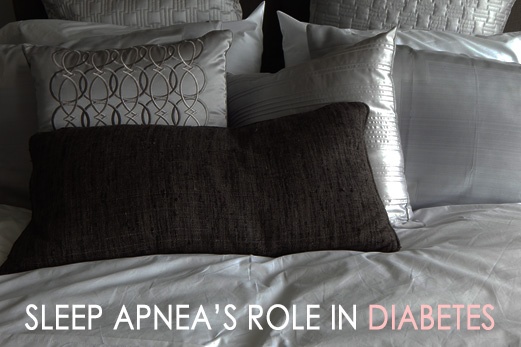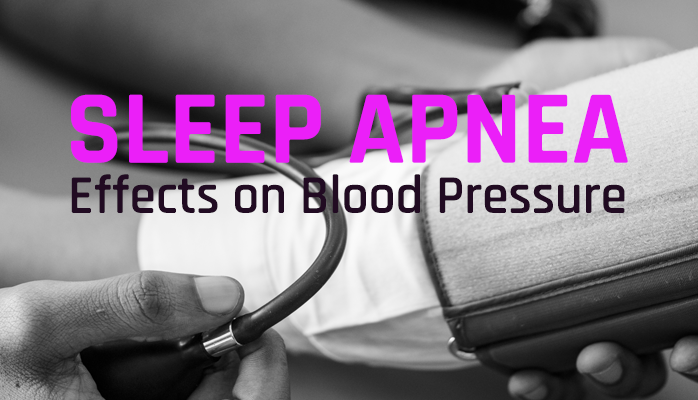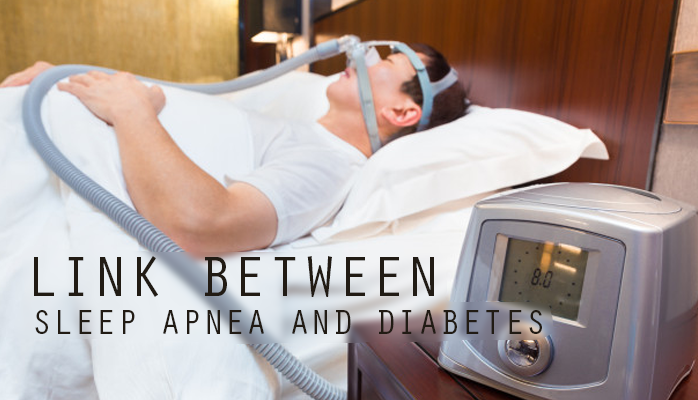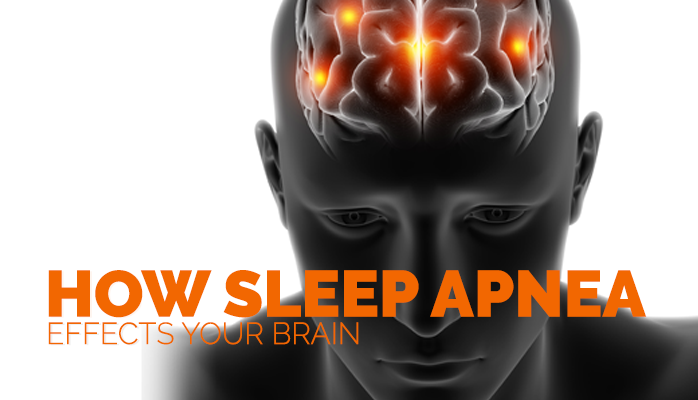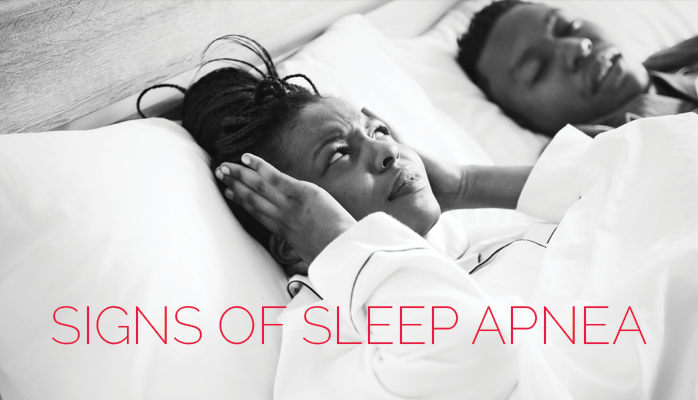What are the Types of Sleep Apnea
Sleep apnea is a medical sleep disorder where you stop breathing for short periods (10 seconds or longer) throughout the night. When you stop breathing, your brain eventually rouses your body and you wake up. This results in you getting a poor night's rest because you wake up so many times during the night.
There are three types of sleep apnea:
- (most common) Obstructive sleep apnea (OSA): there is a physical obstruction that blocks the airway
- (uncommon) Central sleep apnea: electrical malfunction in the brain causes you to stop breathing
- (rare) Complex sleep apnea: a mix of both central and obstructive sleep apnea
These sleep apneas have many negative side effects, most notably:
- General loss of performance in all life activities
- Lower life expectancy
- Correlations with diabetes and obesity
- Chronic irritation, depression, anxiety, and low stress management threshold
Let's look at obstructive sleep apnea vs. central sleep apnea in more detail.

